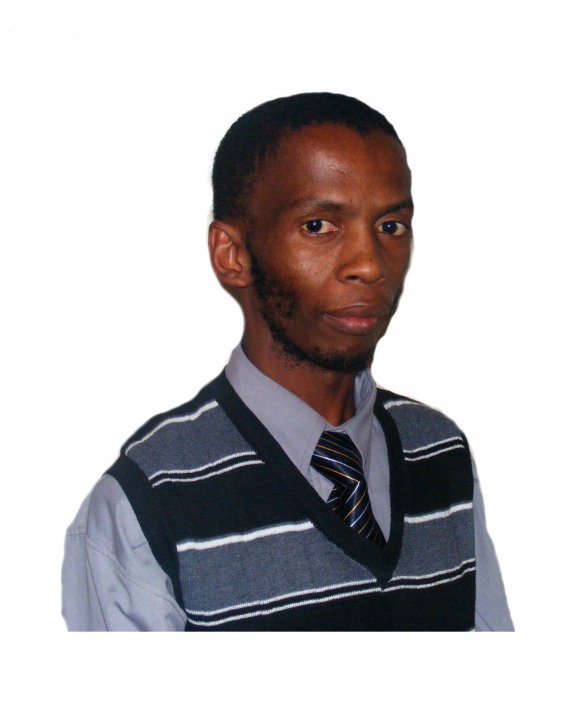Dumisani O Nkomo
Zimbabwe is for the first time experiencing an interesting phenomenon of an incredible number of candidates especially for the Presidential and House of Assembly elections. It is critical for the electorate to make informed decisions about the kind of leaders that they elect.
It has been quite a comic spectacle to witness candidates for the house of assembly promising to deliver services and to construct toilets and so forth in a manifestation of unparalleled ignorance.
This is a clear indication that some of those who are contesting in the 30 July elections do not have the faintest clue of what House of Assembly representatives and Councillors do. I would like to argue that it has become increasingly critical for the electorate to elect their representatives on the basis of what they have to offer, their track record and capacity to deliver. Let us go for quality in these elections and not those seeking employment and economic survival through the election project.
What Councillors Should We Elect
In order for the electorate to elect the right people as Councillors, it is first of all critical for us to have an understanding of the functions of local government and how councillors then fit into that architecture.
It is tragic that the current crop of councillors in Harare have been agitating for paid salaries. Councillors in other areas have been eloquent in their desire for allowances and other trinkets in a clear demonstration of the quality or rather lack of quality in our current crop of councillors. This clearly indicates the type of people that have been elected as councillors that are not fit to be City Fathers.
There is fundamental correlation between the quality of services provided by a local authority and the kind of Councillors that are elected. Local government plays a critical role in local economic development, service delivery and long term planning. If this is the case, we then have to ensure that the kind of Councillors that are elected are able to actually influence local governance processes. Being a Councillor is not a form of employment but a service to the communities. Sadly, many current and aspiring Councillors see it as an opportunity for economic survival.
Ideally councillors should be people who have something to offer to the electorate. They must have track record of service in their community and in other spheres. Surely if one has never served in leadership capacity let alone a burial society or school development association how on earth can they serve competently as a local government leader.
We cannot have people who have no clue about how systems, budgets and policies work presiding over municipalities. Councils are the primary service providers and drivers of development at local level. Local authorities also formulate by laws for the good governance of their localities. As we head for the elections we need to elect Councillors who have the capacity, capability and track record to deliver.
The Constitutional mandate of House of parliamentarians is to make laws and to bring the executive to account. The warped political economy of Zimbabwe has resulted in confused and confusing actions by members of parliament who have reduced their rile to donating exercise books and building toilets.
The line between Councillors and Members of Parliament and many clueless House of Assembly aspirants has become increasingly dim. This was worsened by the ill-timed and ill-thought Constituency Development Fund [C.D.F] which was introduced as an extended patronage tool for Members of Parliament to curry favour with their Constituents.
First of all, Constituency Development Fund is not enough to contribute to sustainable community development but primarily and importantly it negates the fundamental functions of Parliamentarians.
Parliamentarians must debate laws, advocate for their Constituents, give feedback to their Constituents and influence policy formulation through parliamentary committees. For one to be a Member of Parliament one should thus have a track record of advancing and advocating for people, be a good member of Parliament, must be a good representative of his or her community and have a credible history of leadership and craft competence in advocacy for various interests.
Gone are the days of the likes of Sydney Malunga, Lazarus Nzarayebani and Byron Hove who as back benchers gave the executive a good run for their money. In the last decade or so the only people who have come close to these legendary Parliamentarians are the likes of David Coltart, Moses Mzila Ndlovu, James Maridadi and Jessie Majome.
We must be serious when electing Members of Parliament and not elect perennial bench warmers whose only contribution to the August house is the constant clamour for allowances. Our country is too small and too poor to have so many underperforming Parliamentarians who hide under the popularity of their parties. The electorate must reject Members of Parliament who have become Missing Persons and have failed to articulate the interests of their Constituencies.
Let clowns be confined to the circus and bench warmers to the political grand stands.






